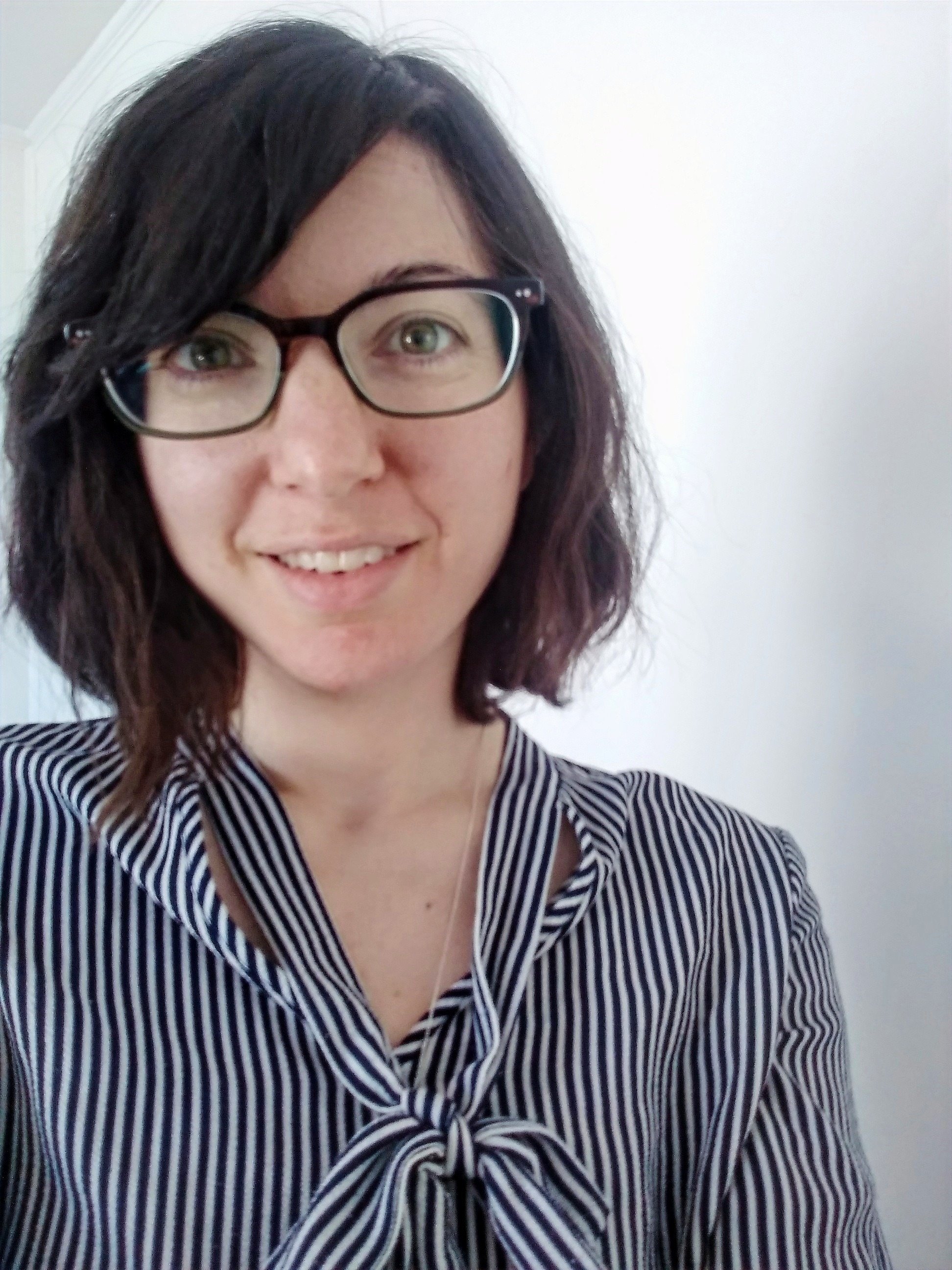Allison Pitinii Davis
X / Woodstock
FROM OUTSKIRTS
I’m in an OB-GYN waiting room
in Washington, PA, which is in the middle
of a fracking boom. The impeachment trial
is on TV. NBC, the neutral station.
Southwest PA: union Democrats
that in 2016 went for Trump.
I never thought I’d get to move
back home, but then
my husband got a tenure-track,
so here I am, hoping, this time,
to stay pregnant. A few chairs over,
a young girl with a toddler is starting
to show, and in a chair across the room,
an older woman. We all have vaginas
that need checked. (“To be,”
my husband corrects my local
grammar, “need to be
checked.”) I am from here enough
that I am waiting, and from here enough
that, when the older woman says it, I shut
my mouth: “A disgrace to drag the president
through the mud.” It is late fall, indeed
muddy. And bleak: the last few leaves clinging
to the trees. I pretend to watch TV, but then
the young girl inhales sharply. “Well, maybe he had it
coming,” she says, and reddening, rubs a stain
from her child’s shirt. It is invisible, yet all the same,
it is my turn. “Well,” I say, trying
not to sound like an overeducated
prick, “he said awfully
rude things about women.” I feel myself
grow faint. I quickly add something to prove
I’m local: “And I’m from Youngstown—
he promised jobs, but even
Lordstown closed.” The young girl
perks up: she’s also from Youngstown,
also moved here for her husband’s
job. “He’s at a fracking company now.”
I keep my mouth shut. “It’s dirty work,
I don’t like him doing it. You know—” she pauses,
“the environment.” I’m not saying how easily
she could have advanced degrees,
advanced maternal age,
and I could have married young
and had my child—
I’m not saying the older woman,
with her Rust-Belt rouge and crucifix,
wasn’t god. And while I’m not saying it,
the girl is saying “global
warming,” slowly testing
its roundness to make sure
we won’t laugh, and we don’t:
we’ve been waiting here
too long. A Democrat on TV
really starts going at it,
and one by one, we’re called—
where exactly?—back.
In California, I check out Studs Terkel’s 1974 Working: People Talk About What They Do All Day and How They Feel About What They Do from the campus library. I am on fellowship: what I do all day is read and how I feel about it is guilty. The book features a worker from my hometown: Gary Bryner, the president of UAW Local 1112, General Motors Lordstown. At the time of the interview, he’s 29. At the time of reading in 2013, I’m 27, sitting beneath an avocado tree in the bright December sun. Describing his fellow auto workers, Bryner says, “Someone said Lordstown is the Woodstock of the workingman. There are young people here who have the mod look, long hair, big Afros, beads, young gals.” Describing the differences between his generation and his father’s, Bryner says, “Father felt patriotic about it. They felt obligated to that guy that gave him a job, to do his dirty work. Whereas the young guy believes he has something to say about what he does. He doesn’t believe that when the foreman says it’s right that it’s right.” Bryner acknowledges an element that accounts for this difference is money: his generation has the privilege to insist on their humanity because, thanks to efforts in his father’s era, they already have good wages. Back home, I think, it is really winter—my father works at his trucking motel while snow piles outside the office. Somewhere between him and the Pacific, I lie on a patch of grass surrounded by the acoustics of avocados.
Allison Pitinii Davis is the author of Line Study of a Motel Clerk (Baobab Press, 2017), a finalist for the National Jewish Book Award and the Ohioana Book Award. Her work has appeared in Best American Poetry, The New Republic, and elsewhere.

